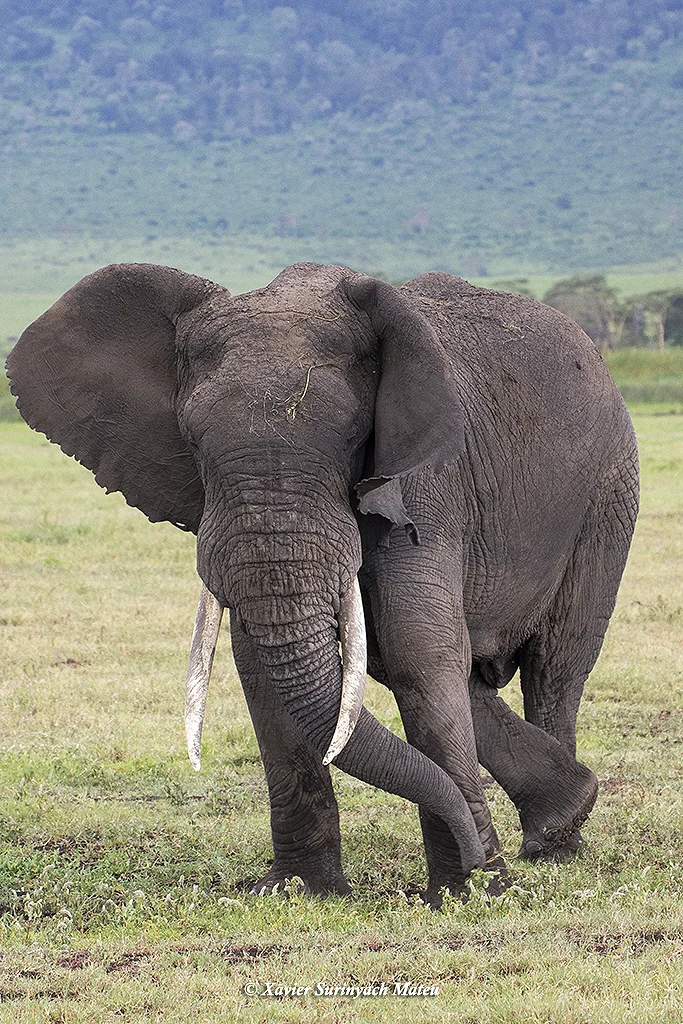WILDLIFE conservation stakeholders have urged government to collaborate with experts and lay strategies to halt the killing of elephants.
The Executive Director of the Serengeti Preservation Foundation (SPF), Meyasi Mollel, said government commitment is necessary to curb the reported loss of the towering animals.
“It is only through the continuous but rationalised anti-poaching efforts that last remaining wildlife can be protected,” said the Director of Friedkin Conservation Fund Tanzania (FCF), Pratik Patel.
The conservationists raised the concern based on a report titled Great Elephants Census (GEC) in Africa, released earlier this month, which indicates that Tanzania is among countries with the greatest declines of elephant population in the continent.
The report, conducted in 18 countries, shows that Tanzania has rapid population decline of 60 per cent in five years. Elephant count was 42,871 and 26 per cent carcass. “The countries with the greatest declines were Tanzania and Mozambique, with a combined loss of 73,000 elephants to poaching in just five years,” says that report.
According to Mollel, government’s commitment to lay a sound plan would be the best way to help contain poaching of elephants in the country. “We cannot deny the truth there has been a tragic loss but there is hope only if the government makes commitment. We know President John Magufuli was not at fault, but he has the power to turn this around,” he said, adding that Tanzania’s image has been tarnished but it should not be forever.
The conservationist pointed out Uganda’s elephants which have recovered by 600 per cent after a huge loss in the 1980s. Botswana now leads the continent in elephant population. In another development, Patel said that elephant poaching is among the highest threats experienced in Tanzania’s conservation areas.
He said the report showed that savanna elephant populations declined by 30 per cent (equivalent to 114,000 elephants) between 2007 and 2014. The current decline is 8 per cent per year, primarily due to poaching. In the 18 countries surveyed, 352,271 elephants were counted.

